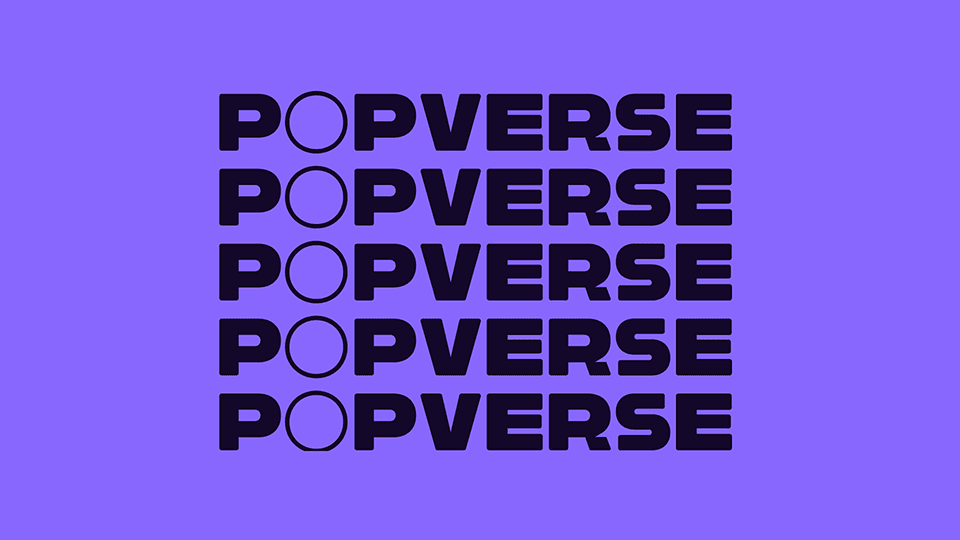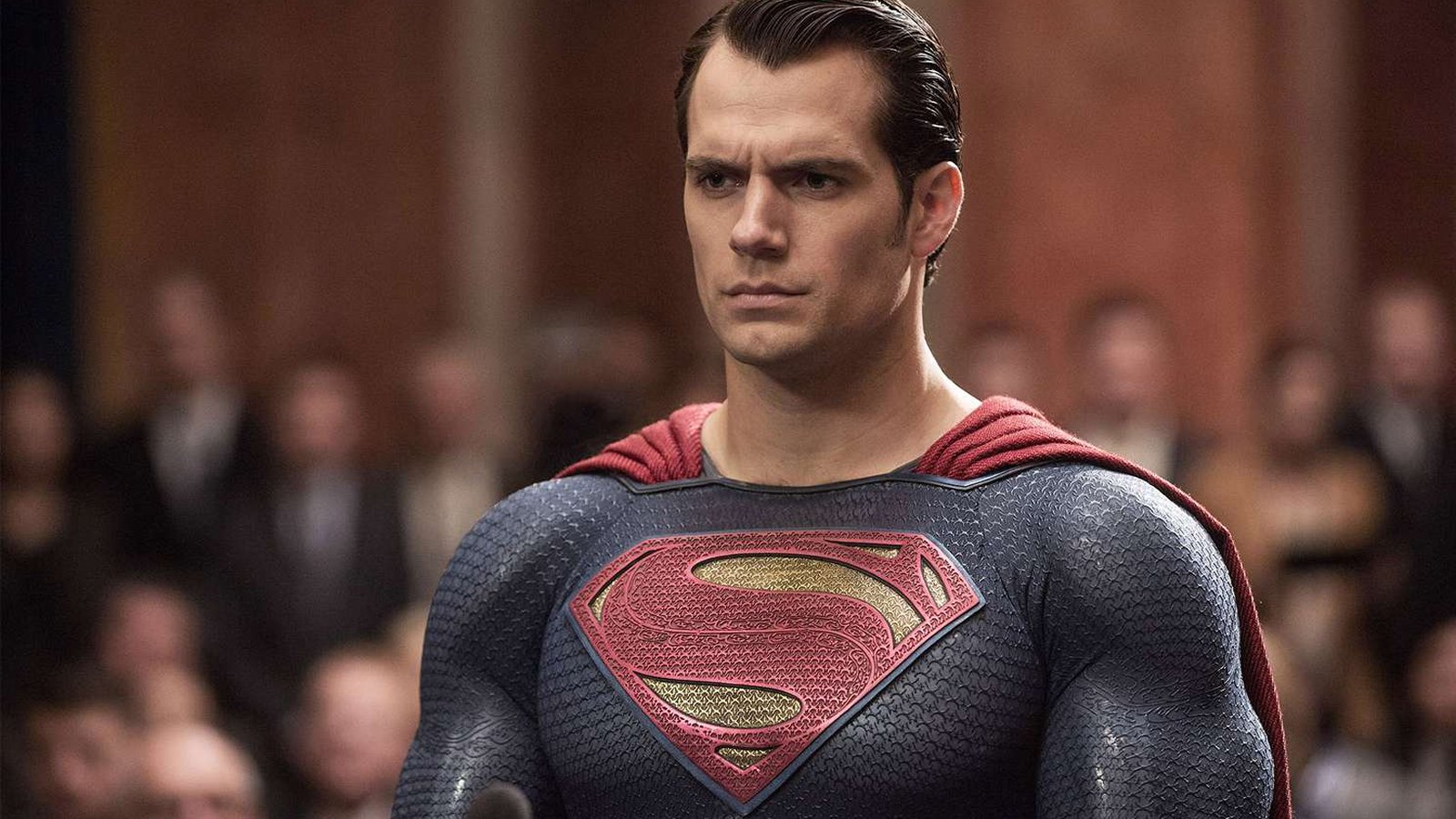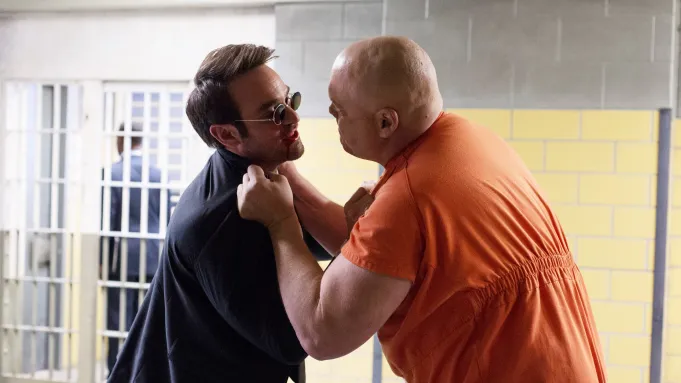If you click on a link and make a purchase we may receive a small commission. Read our editorial policy.
Marvel Studios has revived the Marvel Television brand to convince you it's not all connected anymore
Marvel Television is back, as Marvel Studios leans into fragmentation as a way to rebuild audience trust and excitement

Everything old is new again. Five years after Marvel closed Marvel Television — the production company responsible for shows such as Marvel's Agents of SHIELD, Agent Carter, Runaways, and the Netflix shows that caused some confusion in the last few months over their place in MCU canon — the banner is being revived by Marvel Studios as part of a larger about-face for the company, as Marvel leans into a somewhat surprising new direction: diversity.
To clarify, I don’t mean diversity in terms of on-screen talent, or the people responsible for making the shows and movies that wow audiences on a regular basis; an over-reliance on straight white men called Chris aside, Marvel has been working on that for some time. Instead, this new diversity push comes following a period of criticism (even from parent company Disney’s CEO) for Marvel, and sees the company try to send a new message to its audience: you really don’t have to watch everything, after all.
The return of Marvel Television as a brand — it’ll make its official debut when Agatha All Along launches in September — is part of a larger rebranding of Marvel’s Disney+ output, with additional brands being Marvel Animation and Marvel Spotlight, the latter one having already debuted with Echo, back in January.
"We want to make sure that Marvel stays an open door for people to come in and explore," Marvel Studios head of TV, streaming and animation Brad Winderbaum explained to ComicBook.com. "On the heels of Endgame, I think there was, maybe, a little bit of an obligation to watch absolutely everything in order to watch anything. As you know, as a comics fan, they're designed to just pop in, find something that you like, and use that to enter you into the universe, and then you can explore and weave around based on your own preferences. So part of the rebranding of Marvel Studios, Marvel Television, Marvel Animation, even Marvel Spotlight is to, I think, try to tell the audience, 'You can jump in anywhere. They're interconnected but they're not. You don't have to watch A to enjoy B. You can follow your bliss. You can follow your own preferences and find the thing you want within the tapestry of Marvel.'"
Related: Disney is slowing down Marvel Studios' release schedule: Here's what that could mean
The irony of all this may be that, when Marvel Television started making shows set in the MCU all the way back in 2012, the selling point of those shows was the tagline ”it’s all connected”.
There’s also no small irony in Marvel complaining that fans felt 'maybe, a little bit of an obligation to watch absolutely everything in order to watch anything,' when you consider that the first Disney+ shows were all intended to be integral parts of the larger MCU story arcs. WandaVision took two Avengers from Avengers: Endgame and used them to set up two separate movies (Doctor Strange in the Multiverse of Madness and The Marvels). The Falcon and the Winter Soldier also carried out the aftermath of Endgame and, in the process, set up two more movies (Captain America: Brave New World and Thunderbolts). Loki proved to be central to the entire Multiverse Saga, introducing Kang to the MCU and creating the multiverse…! There was nothing approaching a 'standalone' Disney+ Marvel show until four shows in, with What If…? ...And even that might impact the Multiverse Saga as it continues, for all we know.
The new move might be intended to open the MCU back up to fans and newcomers — nobody likes homework, after all — but it’ll remain to be seen whether or not it’s a move that will go over well. After all, the idea that everything is part of one singular epic tale is what made Marvel the pop cultural force it is today, and raised the profile of what might have otherwise been less-successful, or smaller projects. The post-credit teases of future movies alone underscored the inter-connectivity of the Marvel Cinematic Universe, and the idea that you should keep watching everything because you don’t know who or what might show up when you least expect it.
If you take away that inter-relatedness and feeling that… well, it’s all connected… then the question becomes, what does the MCU become then? We’ll find out across the next few years, I suspect, as the reduced release schedule for Marvel takes effect across multiple platforms.
Keep up to date on Popverse's Marvel coverage, with these highlights: Disney CEO Bob Iger is promising Deadpool & Wolverine will be MCU's biggest movie "in a long time", how Marvel Studios is now working "much more closely" to sell Marvel comics, how Marvel Comics' boss said it was lost in 2023 (and how its finding itself again), Inside Marvel Comics' plans to fix its pricing issues, Overgrown children of the atom: Marvel's X-Men can't evolve past their '90s commercial peak, and the biggest outstanding questions of the Marvel Studios' movies & TV shows.
Follow Popverse for upcoming event coverage and news
Find out how we conduct our review by reading our review policy
Let Popverse be your tour guide through the wilderness of pop culture
Sign in and let us help you find your new favorite thing.
















Comments
Want to join the discussion? Please activate your account first.
Visit Reedpop ID if you need to resend the confirmation email.